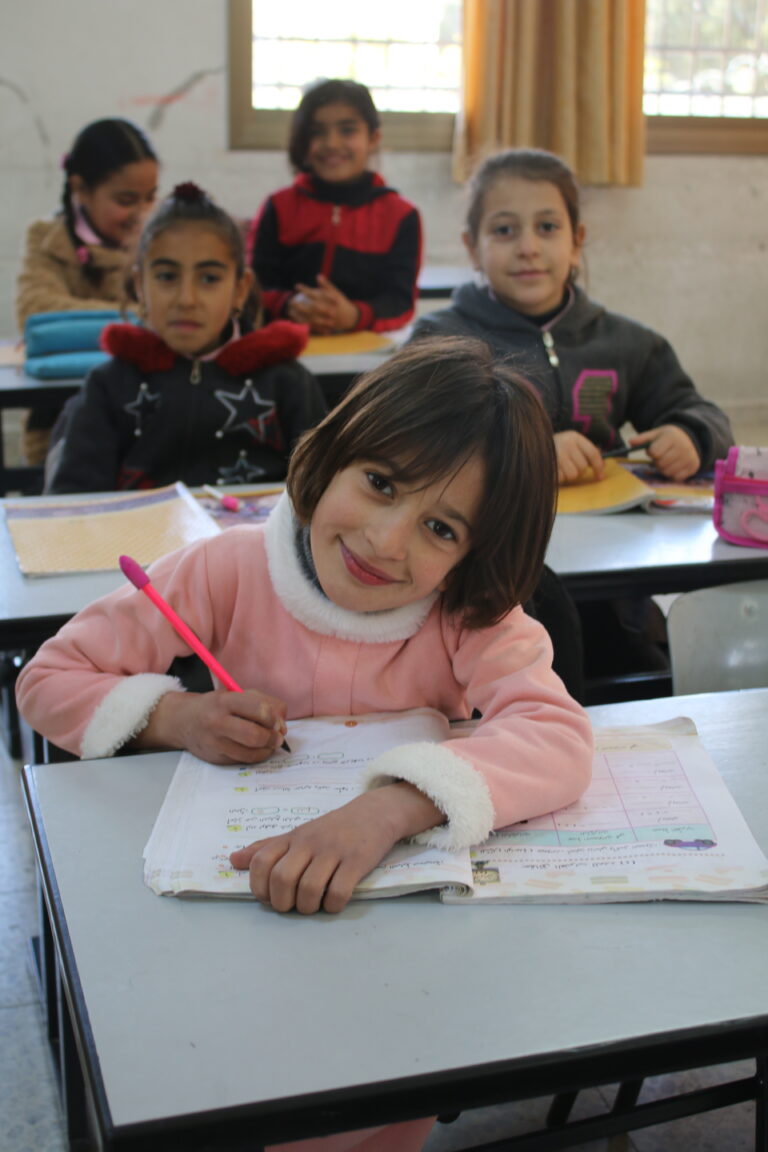Child Rehabilitation Program

The poor economic situation of the families constitutes to be an obstacle to the educational attainment of the children. At the beginning of each academic year, the parents’ concern increases due to the massive expenses resulting from the expensive costs of the books, stationery, school uniforms, and tuition fees (if available), which increase their burden.
According to UNICEF, families with disabled children often incur a higher cost of living.
The obstacles to getting an education (according to the recent European Union research) include the inability of parents to pay the required tuition fees or other educational-related expenses, and the lack of income. Hence, the trauma resulting from armed conflicts, discrimination, as well as the bullying and violence that the displaced children might be exposed to in host countries.
Thus, capacity building, educational extra courses and vocational training for the children to develop their capabilities and skills are essential projects. These projects enable children/students to obtain experiences and provide them wıth necessary skills to find appropriate work during their holidays/vacations or after their graduation. Those children who can get this kind of training course will be more qualified than others to integrate into the labor market.
On the other hand, many women in the Middle East and North Africa have handcraft skills, however, few of them can implement micro-projects that can give them some income. Due to the lack of finance, those women cannot buy the needed tools for those micro-projects which reflect negatively on their children’s life. Therefore, to help the children (especially those who have lost their breadwinners), we have to help their mothers to carry out micro-projects that help them earing enough income for their families and children.
The Child Rehabilitation Program aims to achieve the following objectives:
- Providing educational support for the poor, orphan and disabled children and alleviating the burden of their families to ensure that they continue their education. This includes the provision of basic requirements such as school uniform, school bag, stationery, transportation allowance and remedial lessons.
- Empowering children and enhancing their skills and capabilities by establishing vocational training centers where they can graduate and will be able to rely on themselves to become productive groups that have financial and moral independence and are able to contribute to building their societies.
- Training the mothers of orphans and disables, and supporting their projects with the aim of improving their economic, social and psychological conditions.
- Providing psychological rehabilitation and psychological care for mothers to ensure that children grow up in a healthy and protective environment that ensures the normal development and proper growth of the child physically, mentally and psychologically.



